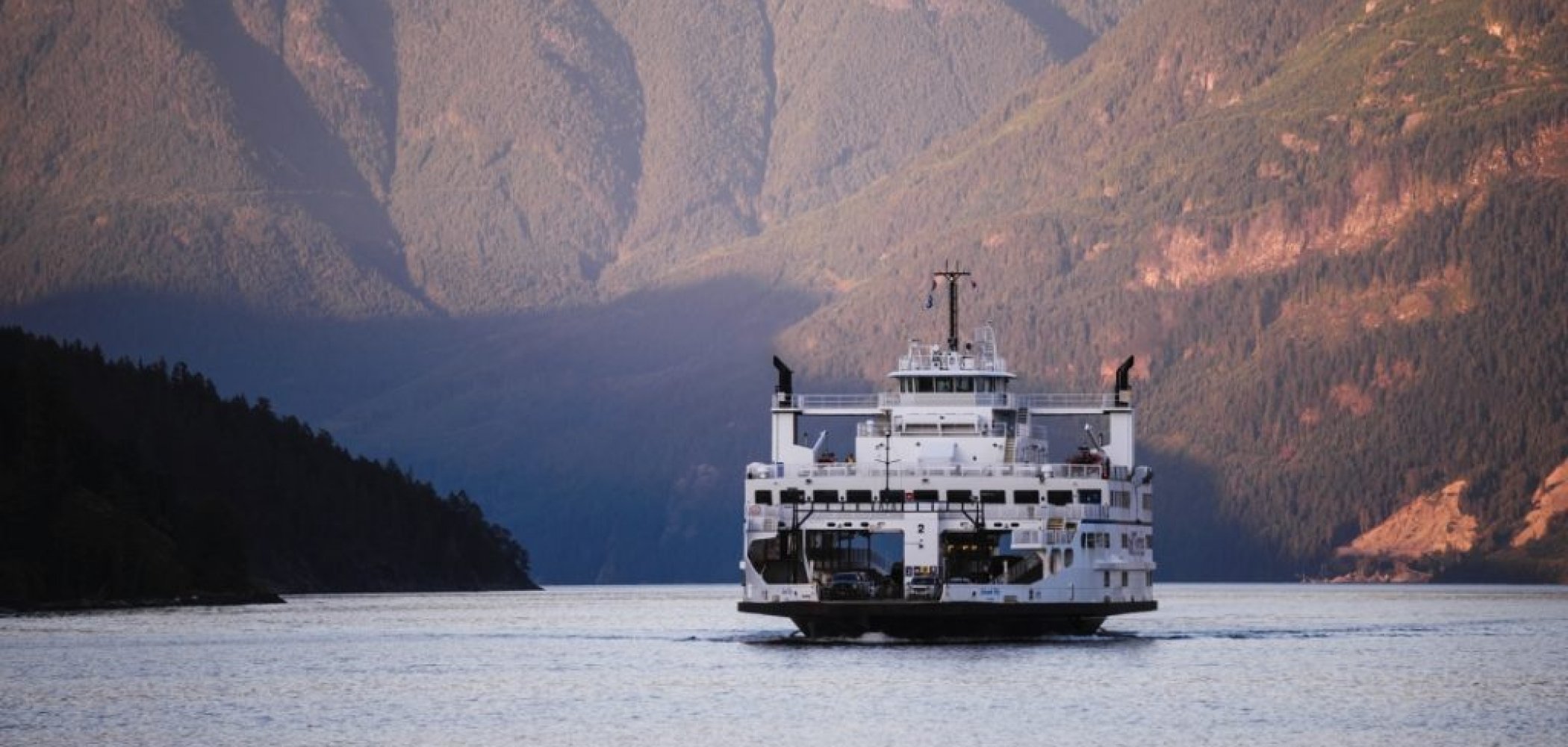Electric Vehicles
B.C. has an extensive network of charging stations to meet the needs of visitors with electric vehicles. This provides drivers with a large choice of conveniently placed stations province-wide. Go Electric BC provides information on the location of public charging stations along highways, and in communities throughout the province, making it easy to explore B.C. in an electric vehicle.
To save time when charging your vehicle, it is recommended that you register for one or more charging networks before your journey. Most stations can be activated through your mobile phone or a membership card provided by the network.
Visit the PlugShare website and keep the app on your mobile device so that you can plan your charging stops. Signage at the charging stations will also provide instructions and customer support information.
Currently, there are six main networks in British Columbia:
* Networks that are interoperable with each others’ mobile app.
Travelling through B.C. in an electric vehicle is fun for everyone in your family. This has been captured in a newly released colouring book – Sunny and Zip’s BC Adventure.
Before you travel to B.C. you can also apply for a free decal which allows electric vehicles to access the high occupancy vehicle (HOV) lanes in B.C. regardless of the number of people in the car. When applying for the decal, please allow up to four weeks for processing.
For current road conditions, visit Drive BC. For information about rules and regulations, see our Need to Know page.


